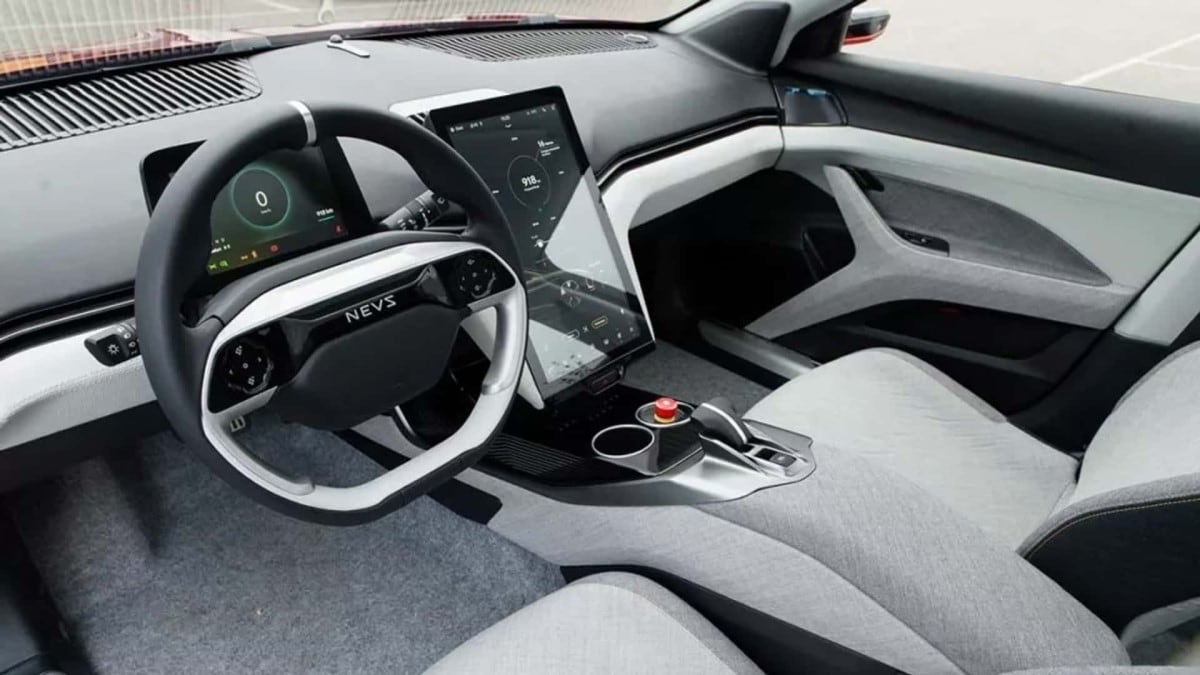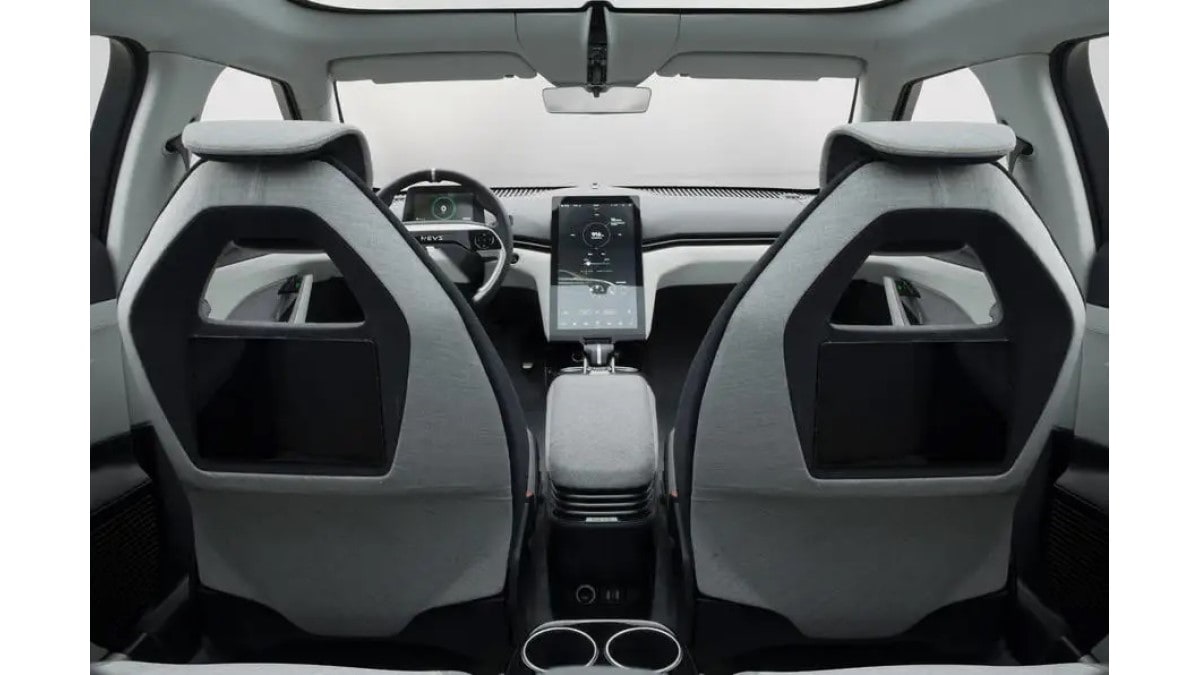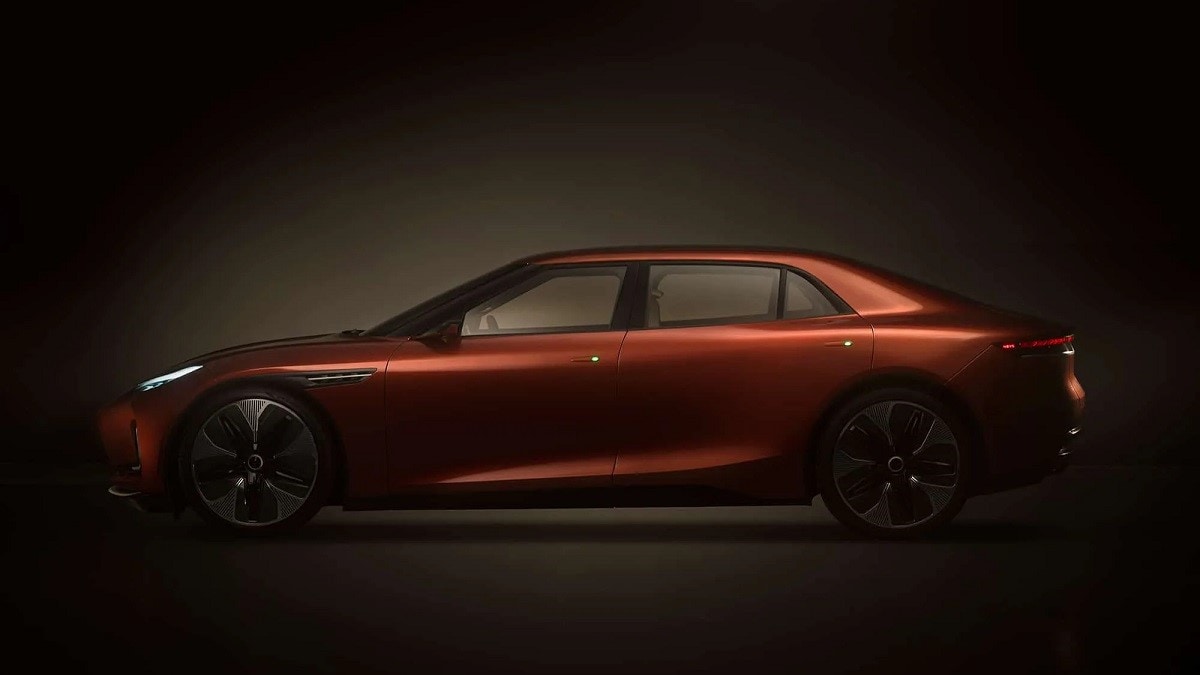“We will have cars coming out of Trollhättan again.” It’s an announcement almost meaningless to most people and heart-pounding to the dedicated subset of car enthusiasts who love distinctive Swedish cars that combine family-friendly nature and performance credentials with moose-proofing.
Yes, Saab fans. Sweden’s second-best-known automaker is stirring in its grave.
The news comes from Lebanon, passes through Canada, and lands back in Saab’s historic home of Trollhättan, Sweden.

The Story So Far
Its final owner, until recently, was a startup outfit called NEVS (National Electric Vehicle Sweden). It was owned by China’s Evergrande group, because Carmen San Diego is writing the Saab story, apparently.
If you’ve followed Chinese real estate news, you know that means bad things are coming. Evergrande, likely headed for liquidation soon as part of the ongoing collapse of the Chinese commercial property market, shuttered NEVS earlier this year.
The automaker formerly known as Saab passed through a series of owners in the early part of this century before declaring bankruptcy in 2011.
But not before revealing one last project. A NEVS executive used his LinkedIn account to show the world a project that seemed dead with the end of the company — one final Saab.
Codenamed Emily GT, it was an all-electric model that looked like what that Saab 9-5 would look like today had the company never stopped making it. It used a separate motor for each wheel, with a total output of 480 horsepower.
Designers claimed a range of over 600 miles. We should caution, however, that the car never moved beyond the prototype stage, so no one outside NEVS ever tested that claim. It likely used European testing formulas that routinely certify longer ranges than American testing.
Rather than retire the design, NEVS put it up for sale.
Mystery Buyer Revealed
In August, a buyer came forward. But they kept their name out of media reports.
Now, we know who it is. Carscoops reports, “A Canadian EV startup has bought the project.”
EV Electra started in Lebanon but now claims offices in Germany and the Netherlands and a corporate headquarters in Canada. It mainly builds high-performance electric supercars for the collector market. But, Carscoops says, the company “plans to bring the Emily GT into full-scale production at NEVS’s existing facility in Sweden.”
CEO Jihad Mohammad told an audience at Sweden’s annual eCarExpo event that the company “did this acquisition fully aware that we will need to back it all the way through development to mass production.” He believes that Saab’s former Trollhättan facility “has the personnel that can make our visions come true.”

A Long, Tough Road Ahead
That’s far from the end of the story. Launching a startup automaker is unquestionably among the business world’s most complex challenges. It requires losing money for an exceptionally long time to build the facilities necessary to make the first dollar.
Tesla is now America’s best-selling luxury carmaker; however, the company posted its first profitable quarter selling cars 18 years after its founding.
A handful of startups are attempting the feat today, but industry observers believe it’s unlikely that many will survive.
Uncertain Whether America Is in the Plans
Even if EV Electra does bring the Emily GT to production, the company hasn’t said whether it plans to sell it in the U.S. Saab’s American dealership network is long gone, so the company would likely have to start with online sales and a limited support network of certified repair shops.








